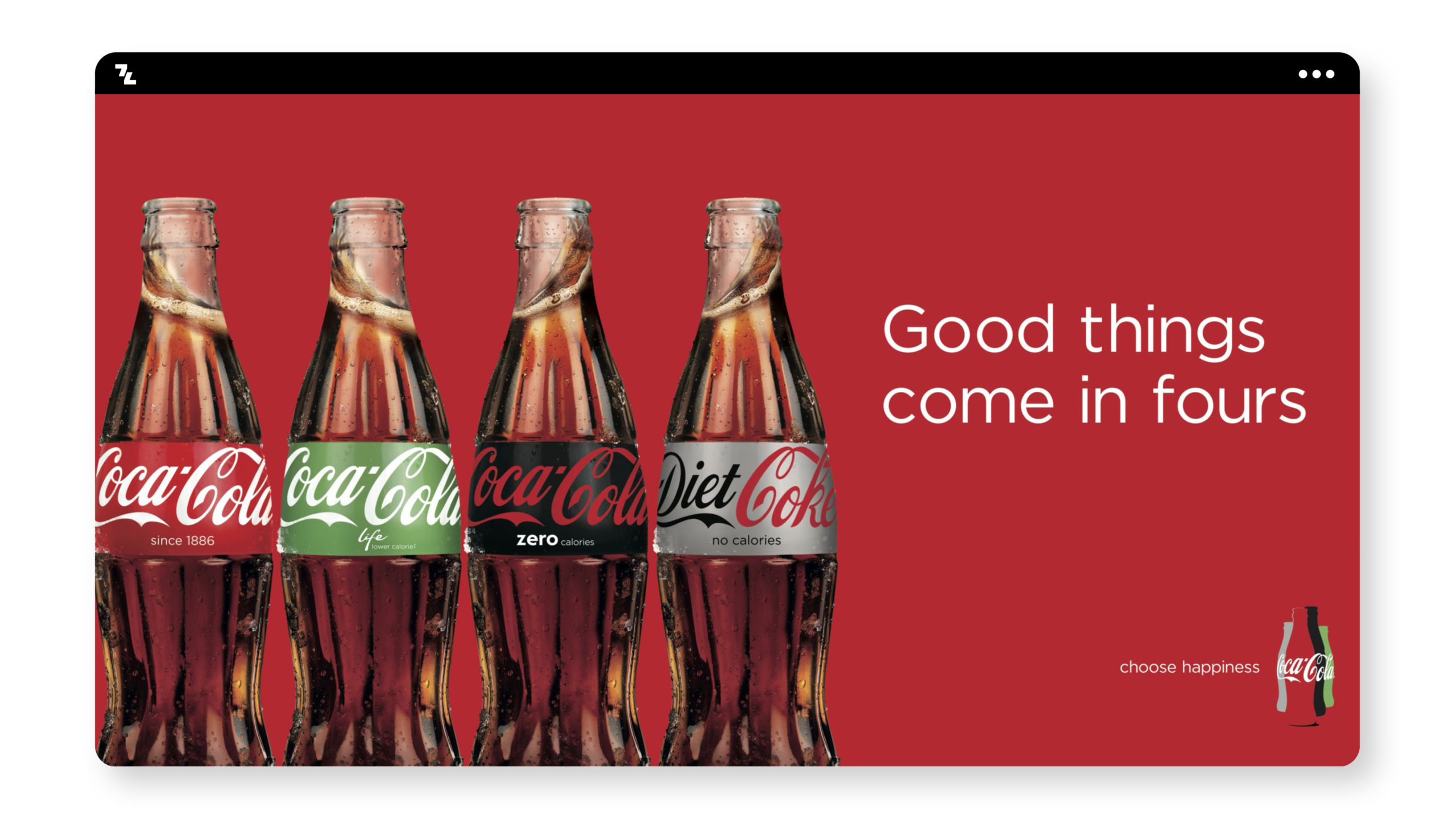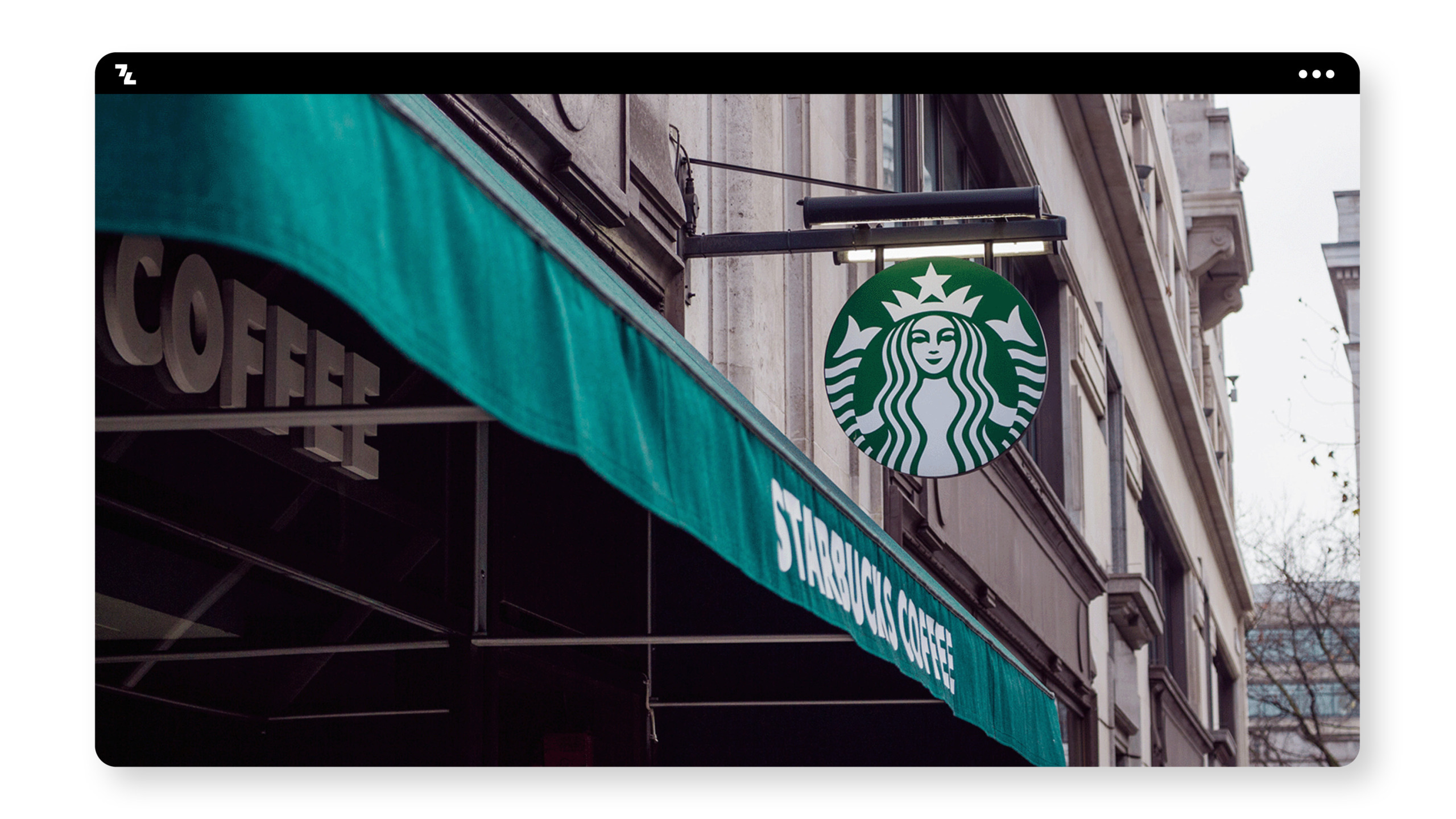Branding is an important aspect for any business, large or small. It’s about creating a unique identity and image for a company, product or service that sets it apart from the competition. In a world where consumers are bombarded with hundreds of advertising and marketing messages every day, effective branding can make all the difference in attracting and retaining customers.
But what exactly is branding, and why is it so important? Let’s take a closer look.
Definition
Branding is the culmination of a company’s marketing efforts and the collective experience a customer has with a product or service. It is the personality, voice and image that a company creates for itself and its offerings. A brand is more than just a logo or slogan; it encompasses everything a customer sees, hears and feels about a company, from advertising and customer service to product and packaging design.
A strong brand can increase customer loyalty and recognition, create positive customer experiences, and ultimately increase sales. In today’s increasingly competitive marketplace, branding is more important than ever.
Why is branding important?
Branding is important because it helps companies build a unique identity and differentiate themselves from their competitors. By creating a consistent, memorable brand that resonates well with customers, companies can drive customer loyalty, increase the perceived value of their products or services, make their marketing efforts more effective and enhance their reputation and credibility.Differentiation
Branding helps companies differentiate themselves from their competitors and stand out in a crowded market. By creating a unique brand identity and message, companies can clearly and memorably communicate their values, mission, and offerings to customers, making them more likely to choose that brand over others. This is sometimes referred to as the USP.Customer loyalty
A strong brand can help to promote customer loyalty and repeat business. If customers feel a strong emotional connection to a brand, they are more likely to continue using the products or services, even if the competition has similar or cheaper offers.Higher value
A strong brand can increase the perceived value of a company’s products or services, making customers more willing to pay a higher price for them. Brands that are associated with high quality, reliability and trustworthiness can charge higher prices for their offerings and still maintain a competitive advantage.Marketing Effectiveness
A strong brand can make marketing measures more effective and efficient. By creating a consistent brand identity, companies can increase brand recognition and recall, making it easier for customers to remember and recommend the brand. This enables companies to better reach their target group and make their marketing expenditure more efficient.Improved reputation
A strong brand can help improve a company’s reputation and credibility, making it easier to build trust and establish relationships with customers, partners and stakeholders. Companies with strong brands are also more likely to be seen as leaders in their industry and attract more attention and investment.Components – Brand Elements
There are several key elements that make up a brand, including:
Logo
A logo is the visual representation of a brand. It should be simple, memorable and easy to recognize. A good logo should also be versatile and scalable so that it can be used for different media and products.
Name
A brand’s name is often the first impression a customer has of a company, and it’s important that it’s memorable and unique. A
brand name
should also be easy to spell and pronounce and accurately reflect the company’s offerings.
Tagline
A tagline is a short, memorable phrase that summarizes a brand’s message and values. It should be concise, memorable and resonate well with the target audience. A tagline should never be combined with a slogan or a claim be confused with a slogan or a claim.
Personality
Brand personality refers to the human qualities that a brand embodies, such as friendliness, trustworthiness or humor. A strong brand personality can help build an emotional connection with customers.
Customer experience: The experience a customer has with a brand is the sum of all interactions with the company, from customer service to product design. A positive customer experience can help build brand loyalty and customer satisfaction.
Content: Content is the information, images, and messages that a company uses to communicate with its audience. Effective content should be relevant, valuable, and consistent with the brand’s values and personality.
Customer Experience
A customer’s experience with a brand is the sum of all interactions with a company, from customer service to product design. A positive customer experience can contribute to brand loyalty and customer satisfaction. Brands should focus on providing a seamless, enjoyable experience for their customers at every touchpoint.
Content
Content is the information, images and messages that a company uses to communicate with its audience. Effective content should be relevant, valuable, and consistent with the brand’s values and personality. Brands should focus on creating engaging and educational content that resonates with their target audience.
Apple
Apple is a prime example of a company that has successfully built a strong brand identity. From its sleek, minimalist logo to its iconic product design, Apple has created a unique brand that is easily recognizable and synonymous with innovation and quality. The company’s brand personality is lean, modern and aspirational, and the customer experience is seamless, focused on delivering high-quality products and exceptional customer service.
Examples
These companies demonstrate the importance of creating a consistent, memorable brand that resonates with customers. By focusing on key brand elements, these brands have created a strong identity that sets them apart from the competition and creates a deep connection with their customers. Whether through an elegant logo, a catchy tagline, or a commitment to customer satisfaction, good branding requires a deep understanding of what customers want and need, as well as a clear understanding of the company’s values and mission.
Coca-Cola
Coca-Cola is another good example of a strong brand. The company’s logo, with its cursive font, is one of the most recognizable in the world, and the tagline “The Real Thing” is a classic example of a memorable, effective brand message. Coca-Cola’s brand personality is fun, happy and aspirational, and its marketing campaigns revolve around themes of happiness, optimism and togetherness.

Nike
The Nike brand is based on the idea of empowerment and inspiration. The iconic “Swoosh” logo and the slogan “Just Do It” have become synonymous with athletic performance and determination. Nike’s brand personality is bold, confident and ambitious, and its marketing campaigns revolve around athletic achievement and personal success.

Amazon
Amazon’s brand is based on the idea of convenience and accessibility. The company’s logo, with its iconic smile, is simple and memorable, and the slogan “Work Hard. Have Fun. Make History” reflects its commitment to innovation and customer satisfaction. Amazon’s brand personality is friendly, innovative and customer-centric, and the customer experience is seamless and hassle-free, with an emphasis on fast and reliable service.

Starbucks
Starbucks is a good example of a brand that has successfully built a strong connection with its customers. The company’s logo of the iconic green and white mermaid is easily recognizable, and the brand personality is warm, friendly and inviting. Starbucks offers customers a welcoming, relaxed atmosphere and focuses on quality coffee and exceptional customer service.

Branding agency
If you want to develop or enhance a successful brand, you should work with a specialized agency. On the one hand, this is due to the know-how, competence and experience that they bring with them, but also due to the objective external perspective that many companies and brands need.
That’s why we as a branding agency from Viennawith branches in Grazwe offer this expertise and experience to companies from

Erhalte jetzt die TOP 5 Geheimnisse erfolgreicher Marken wie Apple, Nike und Starbucks und mache aus deinem Unternehmen eine starke Marke.
Summary
Branding is the totality of all impressions and ultimately the gut feeling of what a customer feels about a company. Building a strong brand is important in that it can increase customer loyalty, perceived value and marketing effectiveness. In addition, the brand is differentiated from others in the customer’s mind.
A brand is made up of so-called brand elements, the most important of which are logo, tag line, personality, customer experience and content. Successful examples of brands that have established themselves worldwide over decades include Apple, Coca Cola, Amazon and Starbucks.











